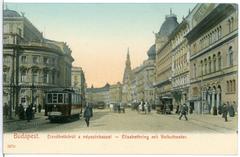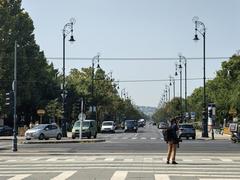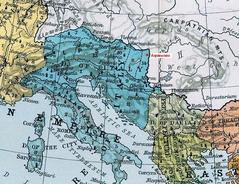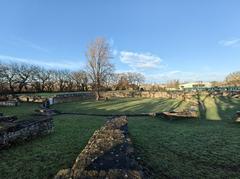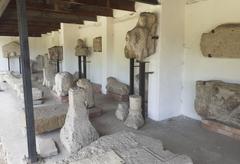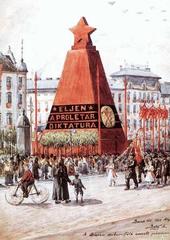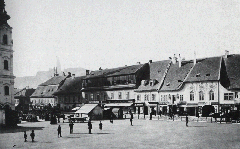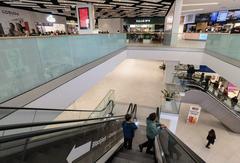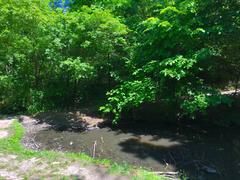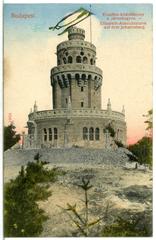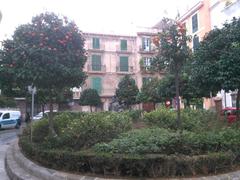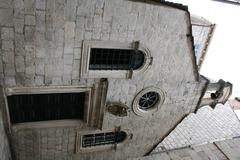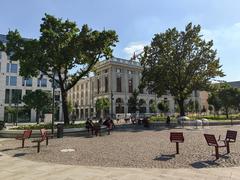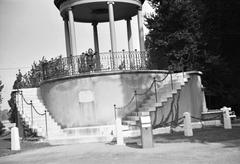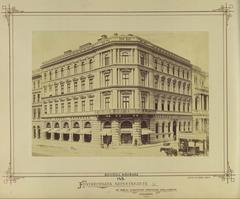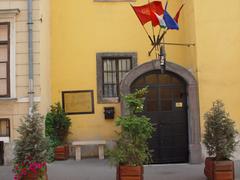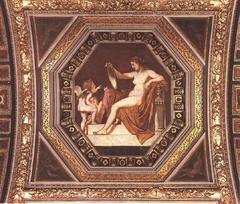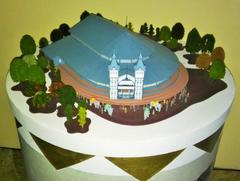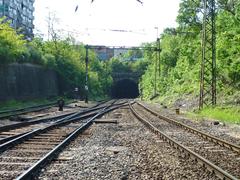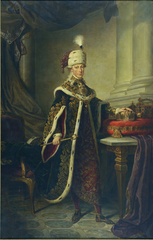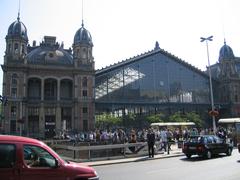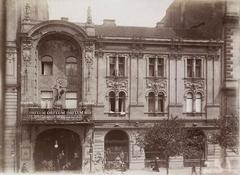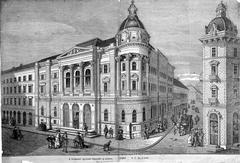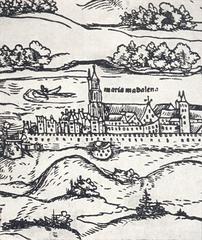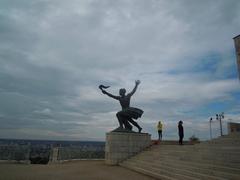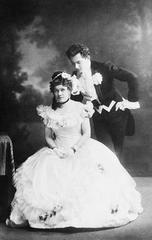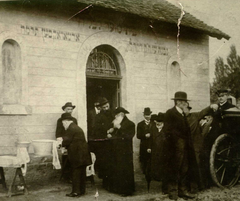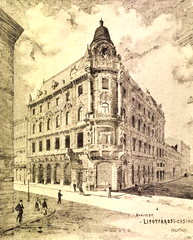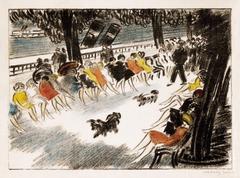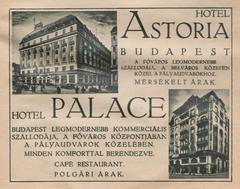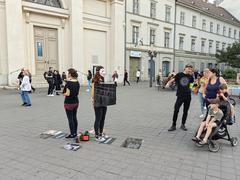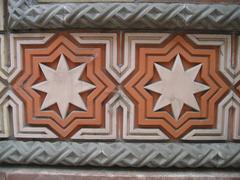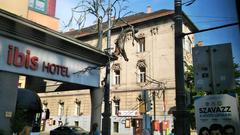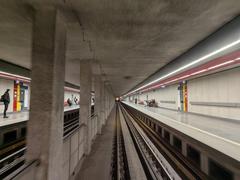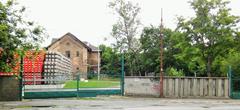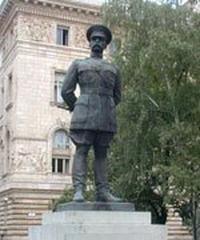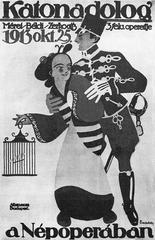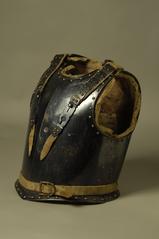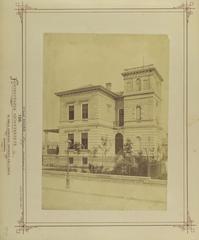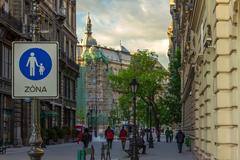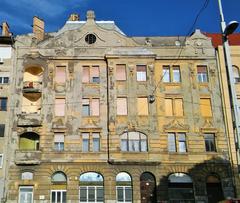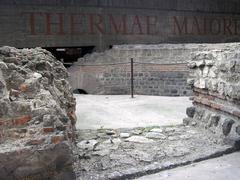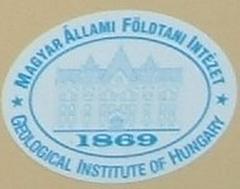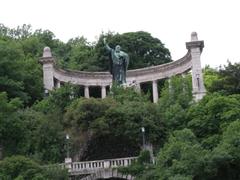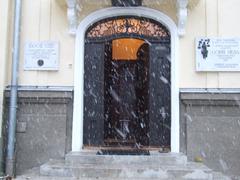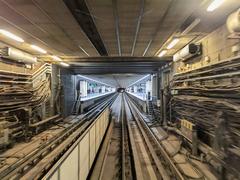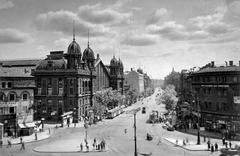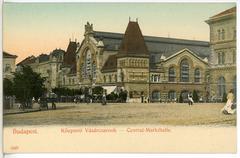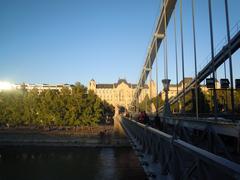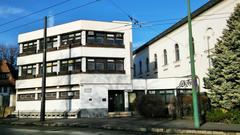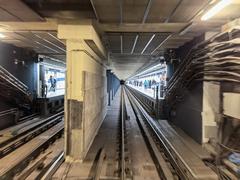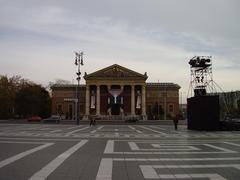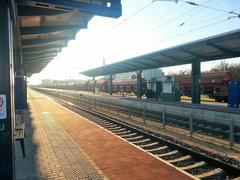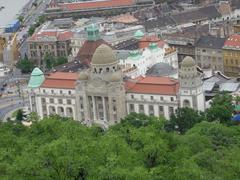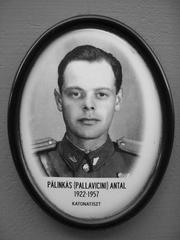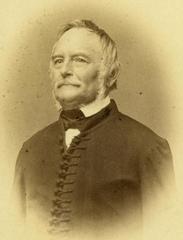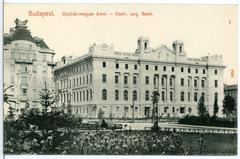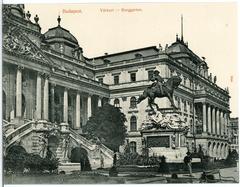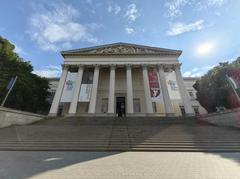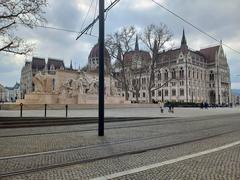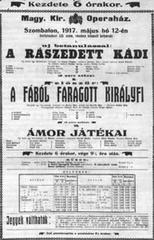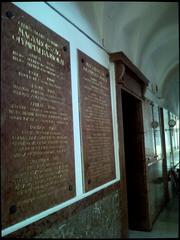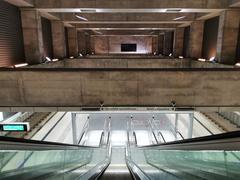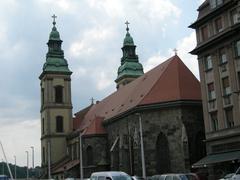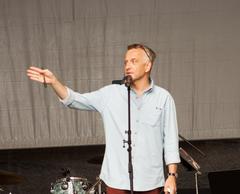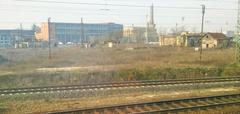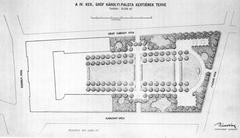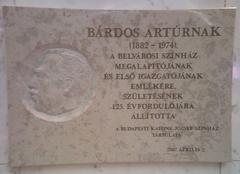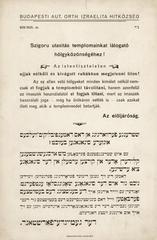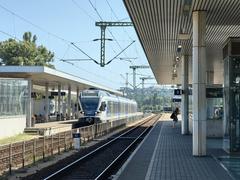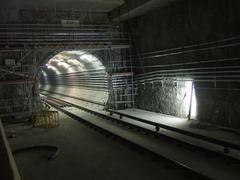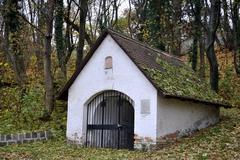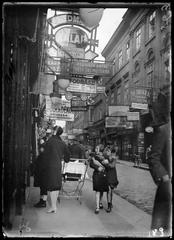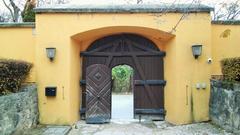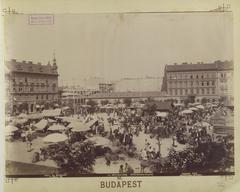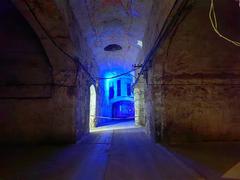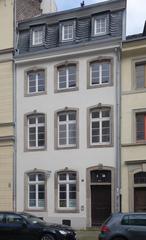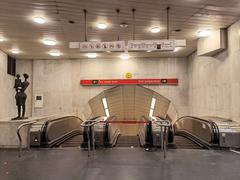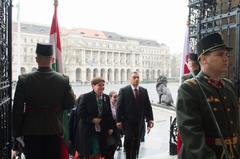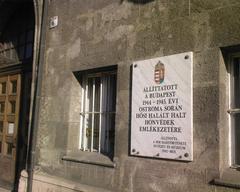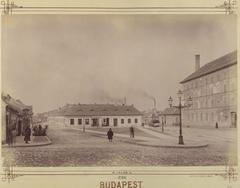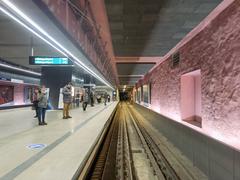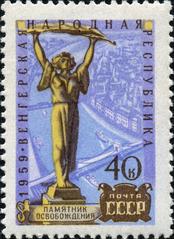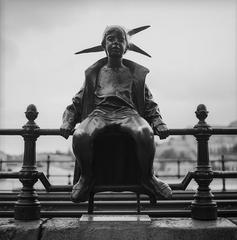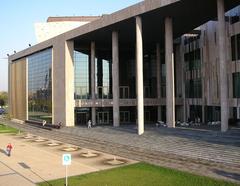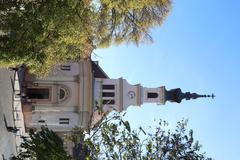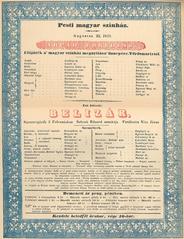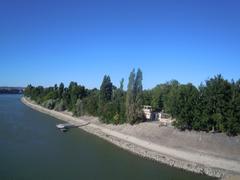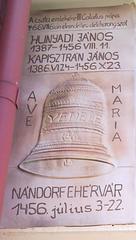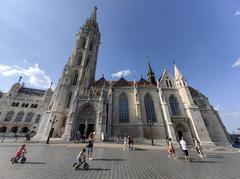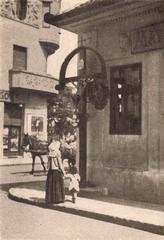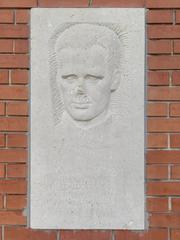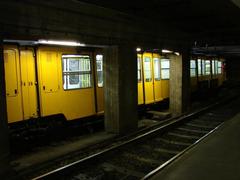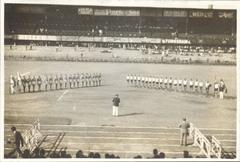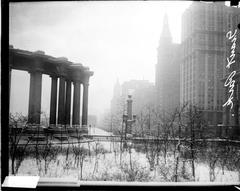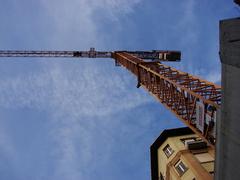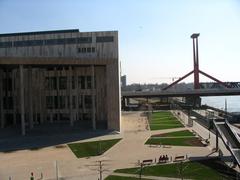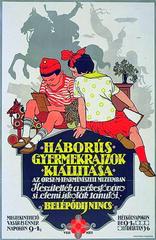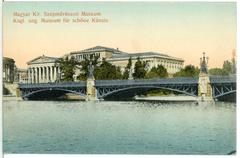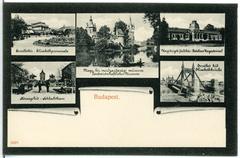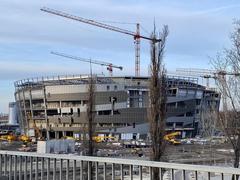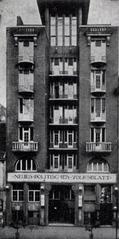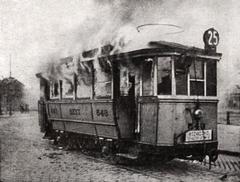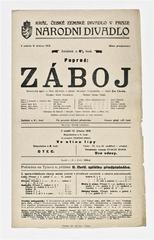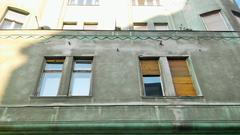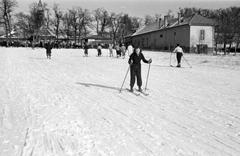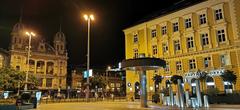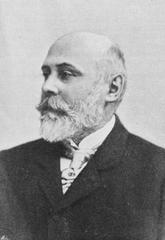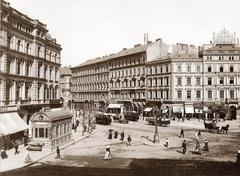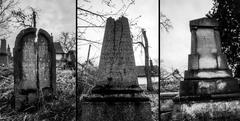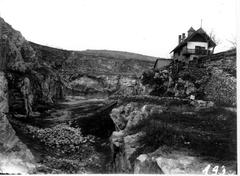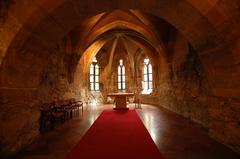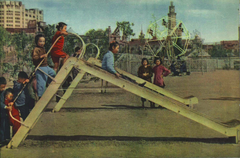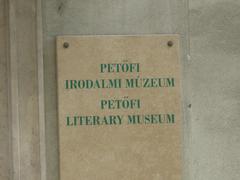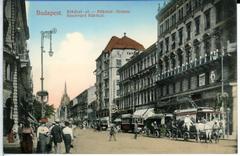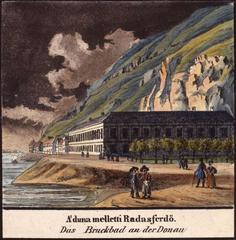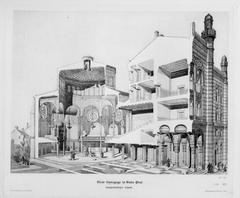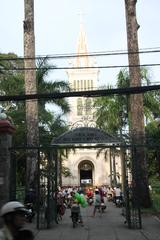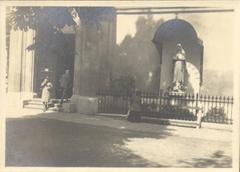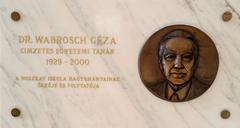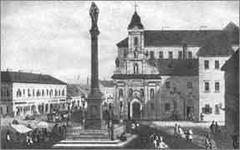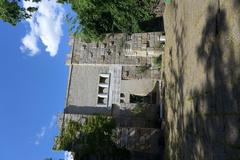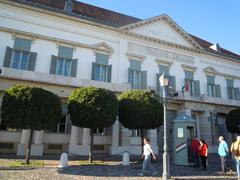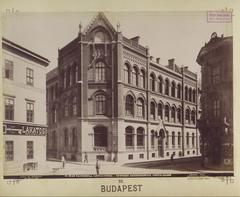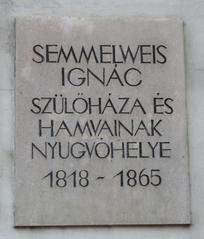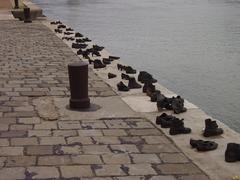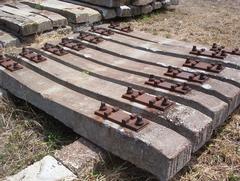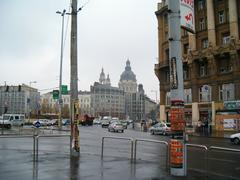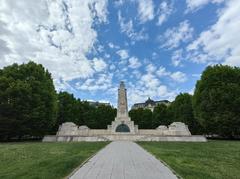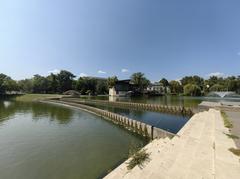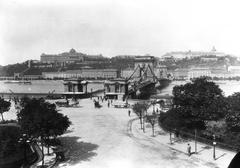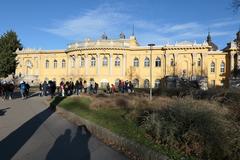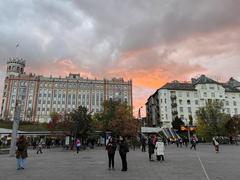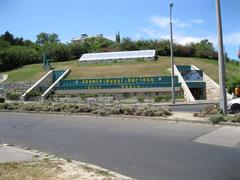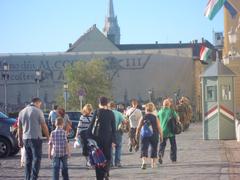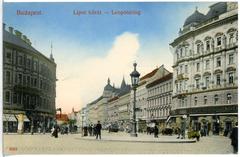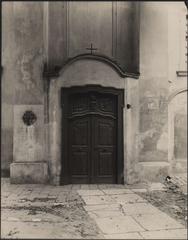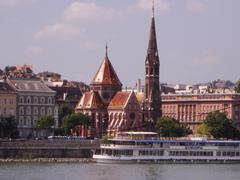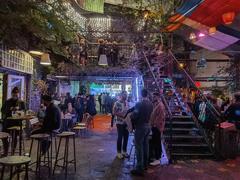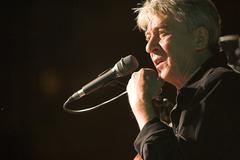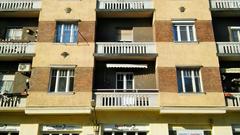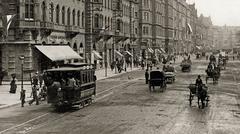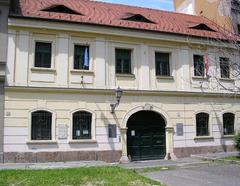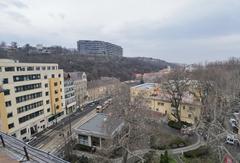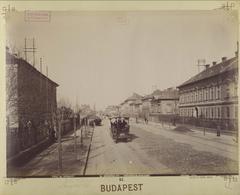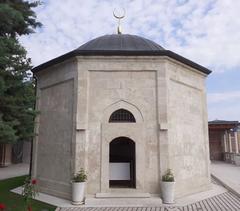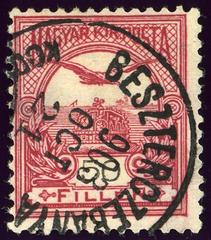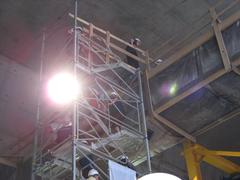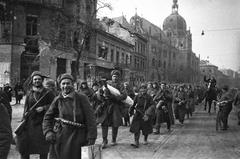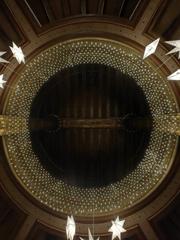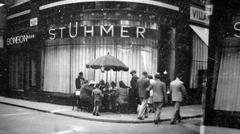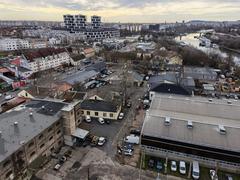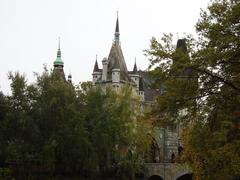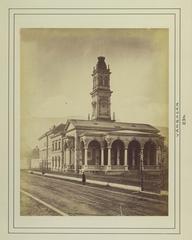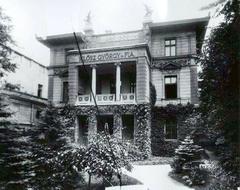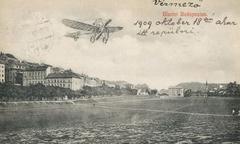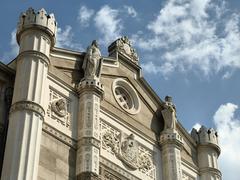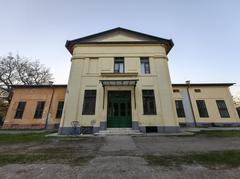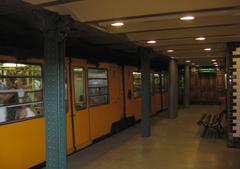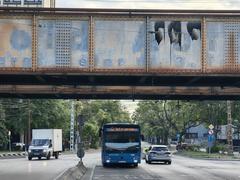Visiting Holokauszt Emlékközpont in Budapest: Hours, Tickets, and Tips
Date: 23/07/2024
Introduction
The Holokauszt Emlékközpont, also known as the Holocaust Memorial Center, stands as a solemn tribute to the victims of the Holocaust while serving as an educational beacon in Budapest, Hungary. Officially opened on April 15, 2004, this memorial marks the 60th anniversary of the Hungarian Holocaust, reflecting Hungary’s ongoing efforts to confront its past and acknowledge the profound suffering endured by its Jewish community during World War II (HDKE). Housed in the historic Páva Street Synagogue, a building dating back to 1923 and meticulously restored by architect István Mányi, the center masterfully blends historical and modern elements to create a space of remembrance and education. This comprehensive guide aims to provide visitors with essential information on the center’s history, significance, visiting hours, ticket prices, and more, making it easier to plan an enriching visit to this important cultural landmark.
Table of Contents
- [History of Holokauszt Emlékközpont](#history-of-holokauszt-emlékközponthistory-of-holokauszt-emlékközpont)
- [Establishment and Purpose](#establishment-and-purposeestablishment-and-purpose)
- [Architectural Significance](#architectural-significancearchitectural-significance)
- [Historical Context](#historical-contexthistorical-context)
- [Visitor Information](#visitor-informationvisitor-information)
- [Tickets](#ticketstickets)
- [Opening Hours](#opening-hoursopening-hours)
- [Accessibility](#accessibilityaccessibility)
- [Travel Tips and Nearby Attractions](#travel-tips-and-nearby-attractionstravel-tips-and-nearby-attractions)
- [Special Events and Guided Tours](#special-events-and-guided-toursspecial-events-and-guided-tours)
- [Photographic Spots](#photographic-spotsphotographic-spots)
- [FAQ](#faqfaq)
- [References](#referencesreferences)
History of Holokauszt Emlékközpont
Establishment and Purpose
The Holokauszt Emlékközpont was established to commemorate the victims of the Holocaust and to educate the public about the atrocities committed during this dark chapter of history. The center was officially opened on April 15, 2004, coinciding with the 60th anniversary of the Hungarian Holocaust. The establishment of the center was a significant step in Hungary’s efforts to confront its past and acknowledge the suffering of its Jewish community during World War II.
Architectural Significance
The Holocaust Memorial Center is housed in the Páva Street Synagogue, a historic building that dates back to 1923. The synagogue itself is a symbol of the once-thriving Jewish community in Budapest. The building was meticulously restored and expanded to include modern exhibition spaces, a research center, and educational facilities. The architectural design of the center is a blend of the old and the new, symbolizing the continuity of memory and the importance of preserving history for future generations. The restoration and expansion were carried out by the renowned Hungarian architect István Mányi, who aimed to create a space that is both respectful of its historical context and functional for contemporary use (HDKE).
Historical Context
The history of the Holocaust in Hungary is a tragic and complex narrative. Before World War II, Hungary had a vibrant Jewish community, with Budapest being home to one of the largest Jewish populations in Europe. However, the rise of anti-Semitic laws and the alliance with Nazi Germany led to the systematic persecution of Jews. In 1944, the situation worsened dramatically when the German army occupied Hungary. Under the direction of Adolf Eichmann, the deportation of Hungarian Jews to Auschwitz and other concentration camps began (USHMM).
Visitor Information
Tickets
General admission tickets are available at the entrance or online through the official website. Prices are as follows:
- Adults: HUF 2,000
- Students and Seniors: HUF 1,000
- Children under 6: Free
Opening Hours
The center is open from Tuesday to Sunday, 10:00 AM to 6:00 PM. It is closed on Mondays and certain public holidays.
Accessibility
The center is wheelchair accessible, and there are facilities to assist visitors with disabilities.
Travel Tips and Nearby Attractions
While visiting the Holokauszt Emlékközpont, consider exploring other historical sites in Budapest, such as the Dohány Street Synagogue, the Shoes on the Danube Bank memorial, and the House of Terror Museum. Public transportation is convenient, with several bus and tram stops nearby.
Special Events and Guided Tours
The center frequently hosts special events, lectures, and temporary exhibitions. Guided tours are available in multiple languages and can be booked in advance. These tours provide deeper insights into the exhibits and the history of the Holocaust in Hungary.
Photographic Spots
Photography is allowed in certain areas of the center. Be sure to capture the beautifully restored architecture and the poignant memorials. However, always be respectful of the space and the significance it holds.
FAQ
- What are the opening hours of Holokauszt Emlékközpont? The center is open from Tuesday to Sunday, 10:00 AM to 6:00 PM.
- How much are tickets for Holokauszt Emlékközpont? Ticket prices vary; check the official website for the latest information.
- Is Holokauszt Emlékközpont accessible to visitors with disabilities? Yes, the center is wheelchair accessible and offers various facilities for visitors with disabilities.
Conclusion
Visiting the Holokauszt Emlékközpont is not just an educational journey but an emotional one, offering profound insights into a tragic chapter of history. From the meticulously restored Páva Street Synagogue to the deeply impactful exhibitions, the center serves as a poignant reminder of the atrocities committed during the Holocaust and the resilience of the human spirit. Practical details such as visiting hours, ticket prices, and accessibility options ensure that the center is welcoming to all visitors. Additionally, the availability of guided tours and special events enriches the experience, providing deeper understanding and engagement (USHMM). Whether you’re a history enthusiast or a casual visitor, the Holokauszt Emlékközpont offers a meaningful experience that resonates long after your visit.
References
- Visiting Holokauszt Emlékközpont - History, Tickets, and Visitor Information, 2024, HDKE https://www.hdke.hu/
- Hungary after the German Occupation, 2024, USHMM https://encyclopedia.ushmm.org/content/en/article/hungary-after-the-german-occupation
